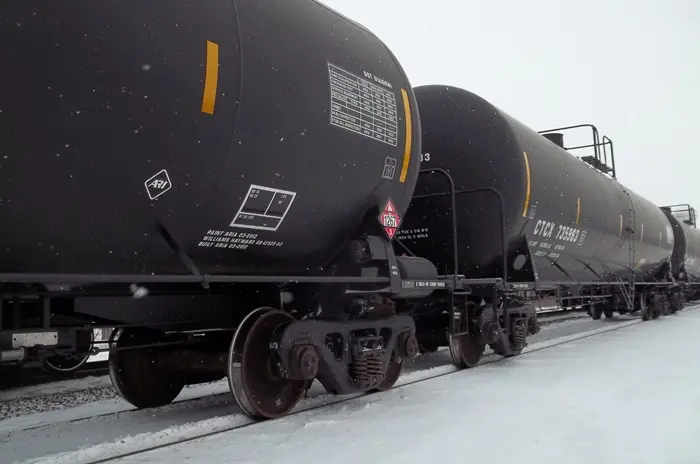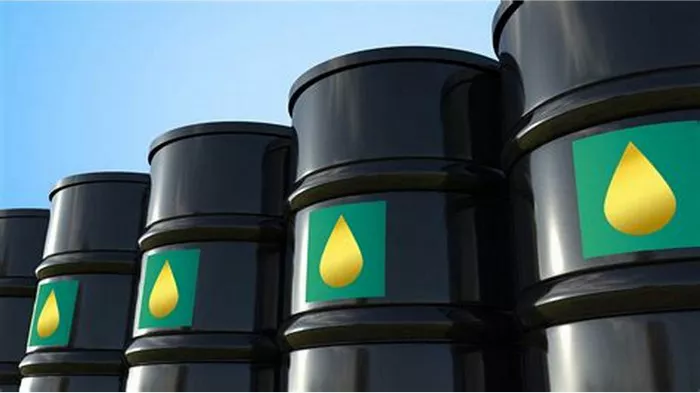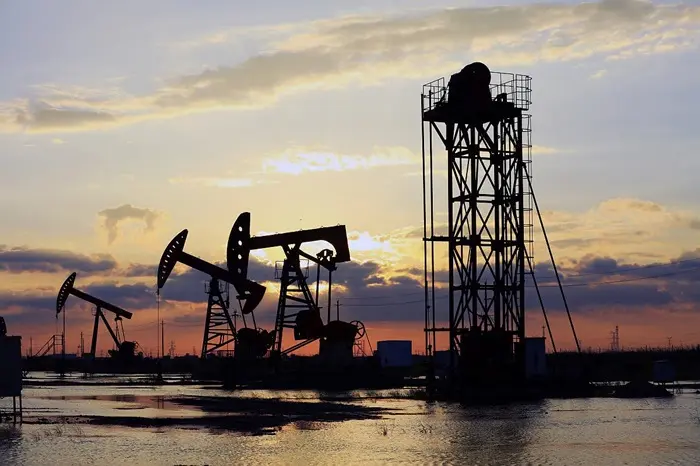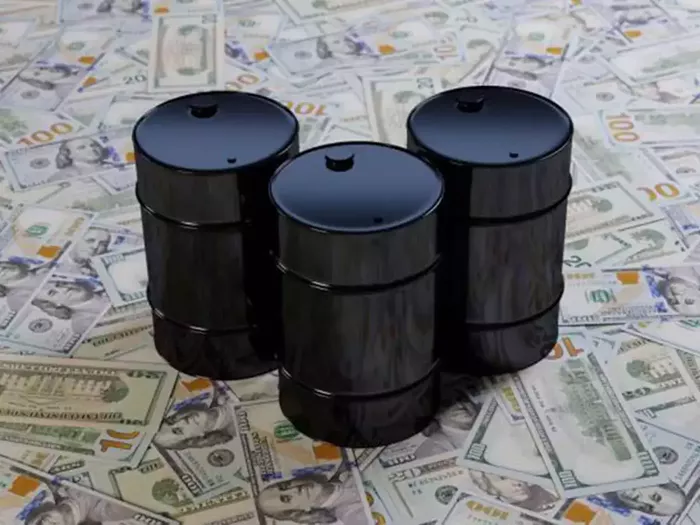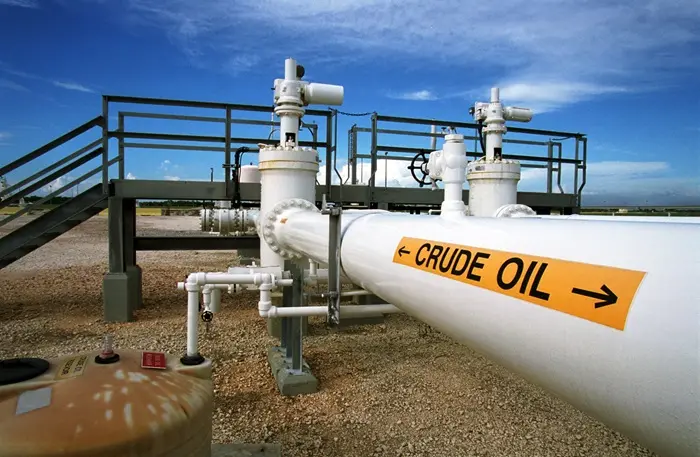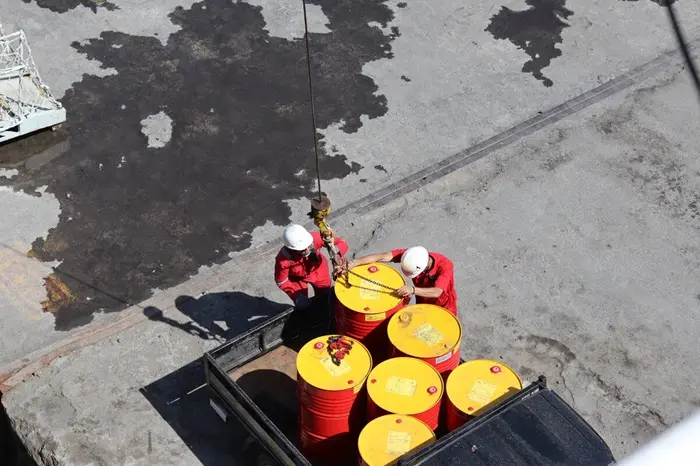Crude oil is a pivotal resource in the global economy, and the companies that extract and process it wield significant influence over energy markets, geopolitical landscapes, and technological advancements. In this article, we will explore the five largest crude oil companies, examining their operations, historical backgrounds, and their impact on the global oil industry.
1. Saudi Aramco
Overview
Saudi Aramco, officially known as the Saudi Arabian Oil Company, is the largest crude oil company in the world. Founded in 1933, it is state-owned and headquartered in Dhahran, Saudi Arabia. Aramco’s vast reserves and production capabilities make it a dominant force in the global oil market.
Operations
Aramco’s operations span the entire oil value chain, from exploration and production to refining, distribution, and marketing. The company operates the world’s largest onshore oil field, Ghawar, and the largest offshore field, Safaniya. Aramco’s downstream operations include extensive refining and petrochemical activities, with facilities in Saudi Arabia and international partnerships.
Financial Performance
In 2019, Saudi Aramco went public, making it the world’s most valuable company with a market capitalization surpassing $2 trillion. Its revenue and profits are heavily influenced by global oil prices, and it consistently ranks among the most profitable companies globally.
Technological Innovations
Aramco invests heavily in research and development, focusing on enhancing oil recovery, reducing emissions, and developing alternative energy sources. The company’s Advanced Research Center in Dhahran is a hub for innovation, driving advancements in the oil and gas sector.
Environmental and Social Responsibility
As the world’s largest oil producer, Aramco faces significant scrutiny regarding its environmental impact. The company is actively working to reduce its carbon footprint through initiatives such as the development of carbon capture and storage (CCS) technologies and investments in renewable energy projects.
See Also: Crude Oil Is Separated Based On Which Properties?
2. ExxonMobil
Overview
ExxonMobil, headquartered in Irving, Texas, is the largest publicly traded international oil and gas company. Formed by the merger of Exxon and Mobil in 1999, the company’s roots trace back to John D. Rockefeller’s Standard Oil.
Operations
ExxonMobil’s operations are global, with significant assets in the United States, Canada, South America, Europe, Asia, and Africa. The company’s upstream segment explores for and produces crude oil and natural gas, while its downstream segment refines and markets petroleum products. ExxonMobil also has a substantial presence in the chemical industry.
Financial Performance
ExxonMobil’s financial performance is closely tied to global oil and gas prices. The company has faced challenges in recent years due to fluctuating oil prices and growing competition from renewable energy sources. However, it remains one of the largest and most influential oil companies in the world.
Technological Innovations
ExxonMobil is known for its technological prowess in the oil and gas sector. The company invests in advanced drilling techniques, enhanced oil recovery methods, and innovative refining processes. It also conducts significant research in alternative energy sources, including biofuels and carbon capture technologies.
Environmental and Social Responsibility
ExxonMobil has faced criticism for its environmental practices, particularly concerning climate change. The company has responded by increasing its focus on reducing greenhouse gas emissions and investing in cleaner energy technologies. ExxonMobil also supports various social and community initiatives in the regions where it operates.
3. Royal Dutch Shell
Overview
Royal Dutch Shell, commonly known as Shell, is a British-Dutch multinational oil and gas company headquartered in The Hague, Netherlands, and incorporated in the United Kingdom. Founded in 1907, Shell is one of the world’s largest oil companies by revenue and production.
Operations
Shell’s operations are diversified and global, covering upstream, midstream, and downstream activities. The company’s upstream segment focuses on exploration and production, while its downstream segment includes refining, marketing, and trading of oil products. Shell is also a major player in the liquefied natural gas (LNG) market.
Financial Performance
Shell’s financial performance is influenced by global energy prices and market conditions. The company has undergone significant restructuring in recent years to improve efficiency and profitability. Shell remains one of the top oil and gas companies by revenue and market capitalization.
Technological Innovations
Shell is a leader in technological innovation within the oil and gas industry. The company invests in advanced exploration and production technologies, digitalization, and renewable energy solutions. Shell’s research and development efforts aim to enhance operational efficiency and reduce environmental impact.
Environmental and Social Responsibility
Shell has made commitments to reduce its carbon footprint and transition to a low-carbon energy future. The company is investing in renewable energy projects, including wind, solar, and hydrogen. Shell also engages in various social responsibility initiatives, focusing on community development and sustainability.
4. BP (British Petroleum)
Overview
BP, formerly known as British Petroleum, is a British multinational oil and gas company headquartered in London, United Kingdom. Founded in 1909, BP is one of the world’s largest integrated oil and gas companies.
Operations
BP’s operations span upstream, downstream, and renewables. The company’s upstream segment explores for and produces oil and natural gas, while its downstream segment includes refining, marketing, and trading of petroleum products. BP is also investing heavily in renewable energy and aims to become a net-zero company by 2050.
Financial Performance
BP’s financial performance is linked to global oil and gas prices. The company has faced challenges due to market volatility and the transition to cleaner energy sources. However, BP remains a major player in the global energy market.
Technological Innovations
BP is at the forefront of technological advancements in the oil and gas industry. The company invests in digital technologies, advanced drilling techniques, and renewable energy solutions. BP’s focus on innovation is driven by its commitment to reducing emissions and improving sustainability.
Environmental and Social Responsibility
BP has made significant strides in addressing environmental and social challenges. The company is committed to reducing its carbon footprint and investing in renewable energy. BP also supports various community and social initiatives, promoting sustainable development and social well-being.
5. Chevron
Overview
Chevron, headquartered in San Ramon, California, is an American multinational energy corporation. Founded in 1879 as the Pacific Coast Oil Company, Chevron is one of the world’s largest integrated energy companies.
Operations
Chevron’s operations are global and diversified, covering upstream, downstream, and chemicals. The company’s upstream segment explores for and produces crude oil and natural gas, while its downstream segment includes refining, marketing, and distribution of petroleum products. Chevron also has a significant presence in the petrochemical industry.
Financial Performance
Chevron’s financial performance is closely tied to global oil and gas prices. The company has faced challenges due to market fluctuations and the growing emphasis on renewable energy. However, Chevron remains one of the largest and most influential energy companies globally.
Technological Innovations
Chevron is known for its commitment to technological innovation. The company invests in advanced exploration and production technologies, digitalization, and renewable energy solutions. Chevron’s research and development efforts aim to enhance operational efficiency and reduce environmental impact.
Environmental and Social Responsibility
Chevron is actively working to reduce its environmental footprint and promote sustainability. The company invests in renewable energy projects, including geothermal, wind, and solar. Chevron also engages in various social responsibility initiatives, focusing on community development and environmental conservation.
Conclusion
The five largest crude oil companies—Saudi Aramco, ExxonMobil, Royal Dutch Shell, BP, and Chevron—play a critical role in the global energy market. These companies have vast operations, significant financial influence, and a commitment to technological innovation and environmental responsibility. As the world transitions to a more sustainable energy future, these oil giants are likely to continue adapting and evolving to meet new challenges and opportunities.
Related topics:

